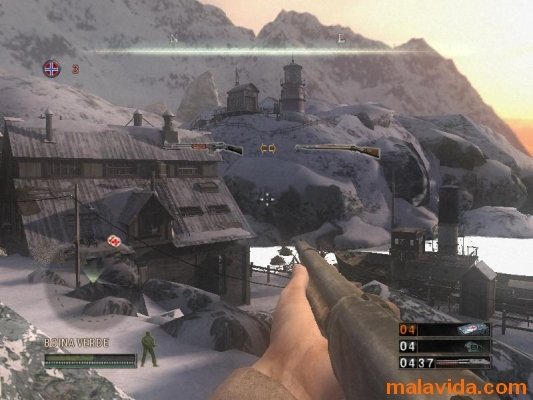

- #Comando strike force for mac update#
- #Comando strike force for mac windows 10#
- #Comando strike force for mac software#
#Comando strike force for mac update#
The RandomDelayInMinutes is used to lower the network load when you update a lot of computers at the same time. We also need to specify the computer and the RansomDelayInMinutes. The basis of the command is the Invoke-GPUpdate cmd.
#Comando strike force for mac windows 10#
Running it from Windows 10 is also possible, but then you need to open the PowerShell windows with a domain admin account. The only requirement is that you have Windows 2012 or later. We can also use PowerShell to run gpupdate on remote computers. Use PowerShell to run GPUpdate on a Remote Computer In this example 5 computers where turned off, so the update failed. Simply right-click on the OU where you have changed a policy and click on Group Policy UpdateĪfter you have confirmed the update the policies will be updated and you can see the status of each computer. It has to be an OU with only computer objects in it, so you can’t use the method on a user OU. You can initiate a group policy update on a whole OU with the Group Policy Management Console. There are couple of ways to run GPUpdate on a remote computer Using the Group Policy Management Console Sometimes you may need to update quickly the group policies on multiple computers because you changed the internet proxy settings or maybe to replace a printer for example.
#Comando strike force for mac software#

Due to Fast Boot, for example, are some settings only applied when the users logs in on the computer. Not all policy changes are applied immidiately. Gpupdate /target:computer Automatically reboot or logoff after GPUpdate This allows you to update only the user or computer GPO’s. To do this you can use the /target switch. This will reduce the load on the domain controllers and it’s of course faster. If you have a large environment or need to update the group policies on a lot of computers at the same time, then it can be useful to only update what is needed. Gpupdate Update only user or computer group policies # Get only the changed / new group policies This will get only the changes or new group policies, reducing the load on the client and domain controllers. If you have a large tenant or a lot of GPO’s, then it’s better to only run gpupdate without the /force switch to apply new policy settings. For most use cases this is perfectly fine, but keep in mind, when you have a lot of group policies objects (GPO) or in a large environment, using the /force will put a huge load on the domain controllers. When you use the /force switch, all the policy settings are reapplied. The gpupdate /force command is probably the most used group policy update command.

Wait for the Computer and User policy to updateĪ reboot is necessary to be sure that all settings are applied. Select Windows PowerShell or Command Prompt.



 0 kommentar(er)
0 kommentar(er)
